AB Volvo is a Swedish builder of commercial vehicles, including trucks, buses and construction equipment. Volvo also supplies marine and industrial drive systems, aerospace components and financial services. Although Volvo was incorporated in 1915 as a subsidiary of AB SKF, a Swedish ball bearing manufacturer, the auto manufacturer considers itself officially founded on 14 April 1927, when the first car, the Volvo ÖV 4 series, affectionately known as "Jakob", rolled out of the factory in Hisingen, .
Volvo means "I roll" in Latin, conjugated from "volvere", in relation to ball bearing. The name Volvo was originally registered in May 1911 as a separate company within SKF AB and as a registered trademark with the intention to be used for a special series of ball bearing, but this idea was only used for a short period of time and SKF decided to use "SKF" as the trademark for all its bearing products.
In 1924, Assar Gabrielsson, a SKF Sales Manager, and Engineer Gustav Larson, the two founders, decided to start construction of a Swedish car. Their vision was to build cars that could withstand the rigors of Sweden's rough roads and cold temperatures. This has become a feature of Volvo products ever since.
The company AB Volvo had no activities until 10 August 1926, after one year of preparations involving the production of ten prototypes, was set up to carry out the car-manufacturing business within the SKF group. AB Volvo was introduced at the Stockholm stock exchange in 1935 and SKF then decided to sell its shares in the company. Volvo was delisted from NASDAQ in June 2007, but remains listed on the Stockholm exchange.
In 1999, Volvo sold its car division Volvo Cars to Ford Motor Company for $6.45 billion. The Volvo trademark was shared between Volvo AB, where it is used on heavy vehicles, and the unit of Ford, where it was used on cars. Volvo stopped posting profits in 2005 and in 2008, Ford decided to sell its interest in Volvo Cars; in August 2010, Ford completed its sale of Volvo to the parent of Chinese motor manufacturer Geely Automobile for $1.8 billion.
Contents
* 1 History
* 2 Business areas
* 3 Trademark
* 4 The Volvo brand
* 5 References
* 6 External links

volvo

volvo

volvo

volvo

volvo

volvo

volvo

volvo
 fast cars
fast cars
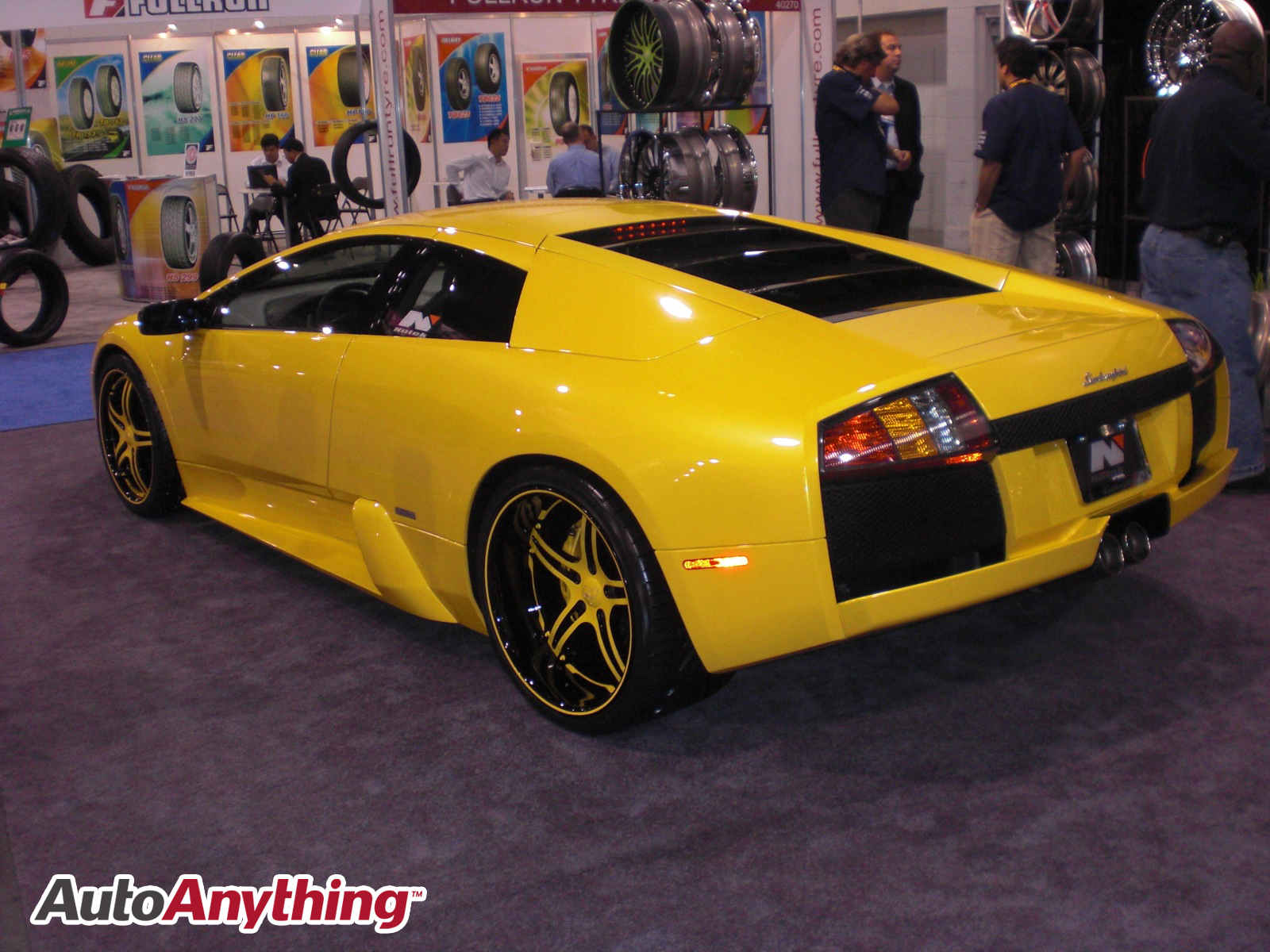 fast cars
fast cars
 fast cars
fast cars
 fast cars
fast cars
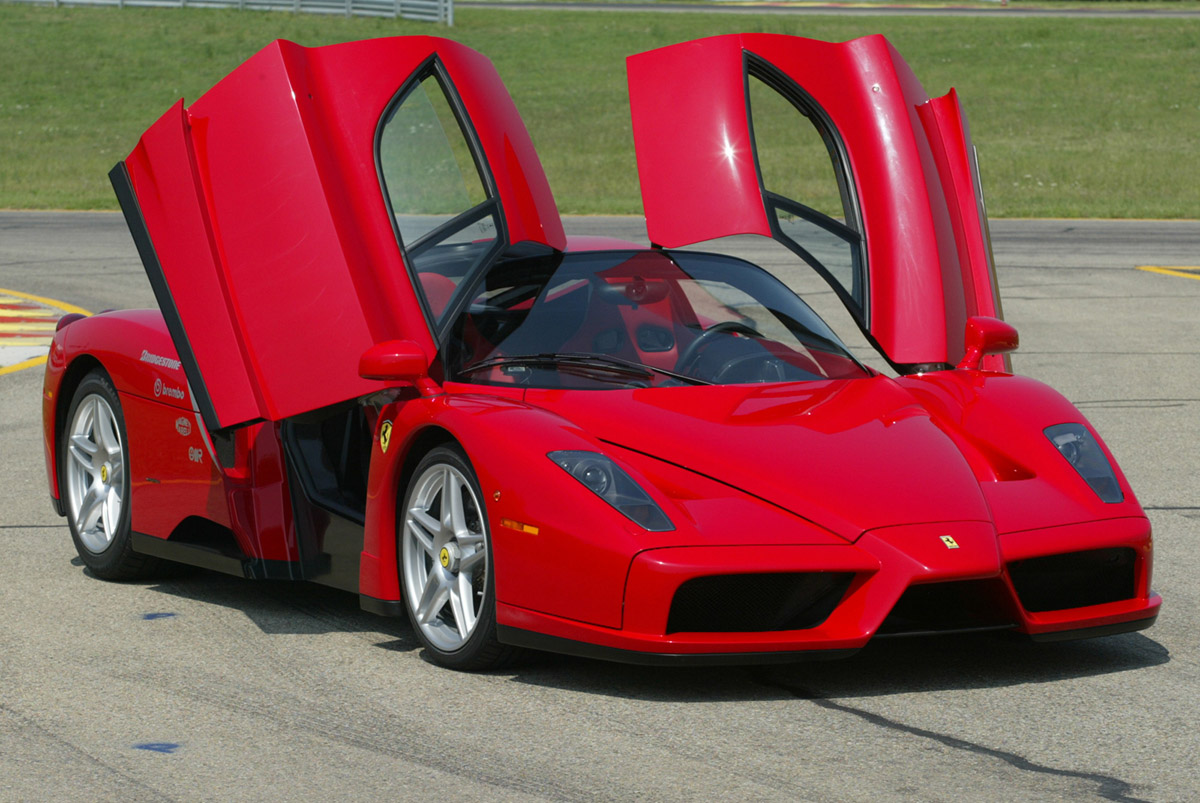 fast cars
fast cars
 fast cars
fast cars
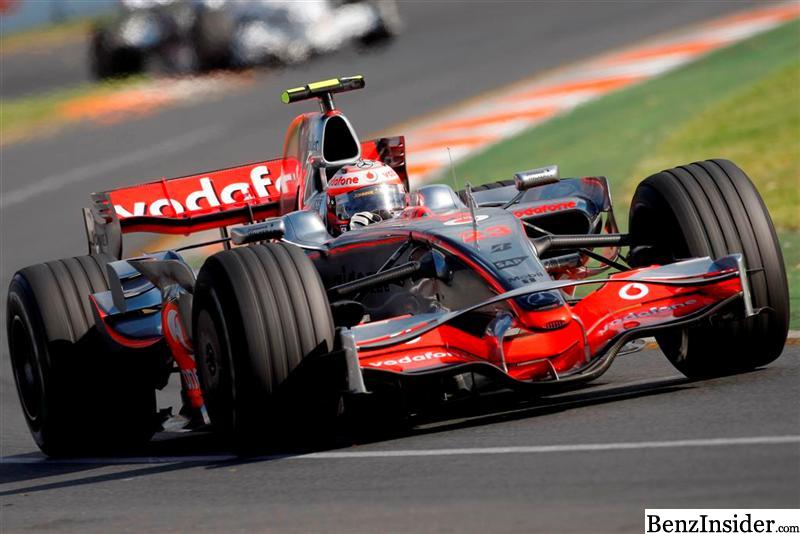 fast cars
fast cars
 fast cars
fast cars
 fast cars
fast cars
 fast cars
fast cars
 volvo
volvo
 volvo
volvo
 volvo
volvo
 volvo
volvo
 volvo
volvo
 volvo
volvo
 volvo
volvo
 volvo
volvo
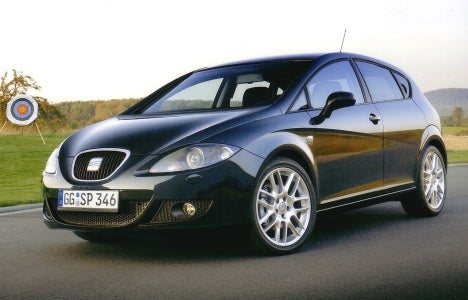 seat
seat
 seat
seat
 seat
seat
 seat
seat
 seat
seat
 seat
seat
 seat
seat
 seat
seat
 seat
seat
 seat
seat
 toyota yaris
toyota yaris
 toyota yaris
toyota yaris
 toyota yaris
toyota yaris
 toyota yaris
toyota yaris
 toyota yaris
toyota yaris
 toyota yaris
toyota yaris
 toyota yaris
toyota yaris
 toyota yaris
toyota yaris
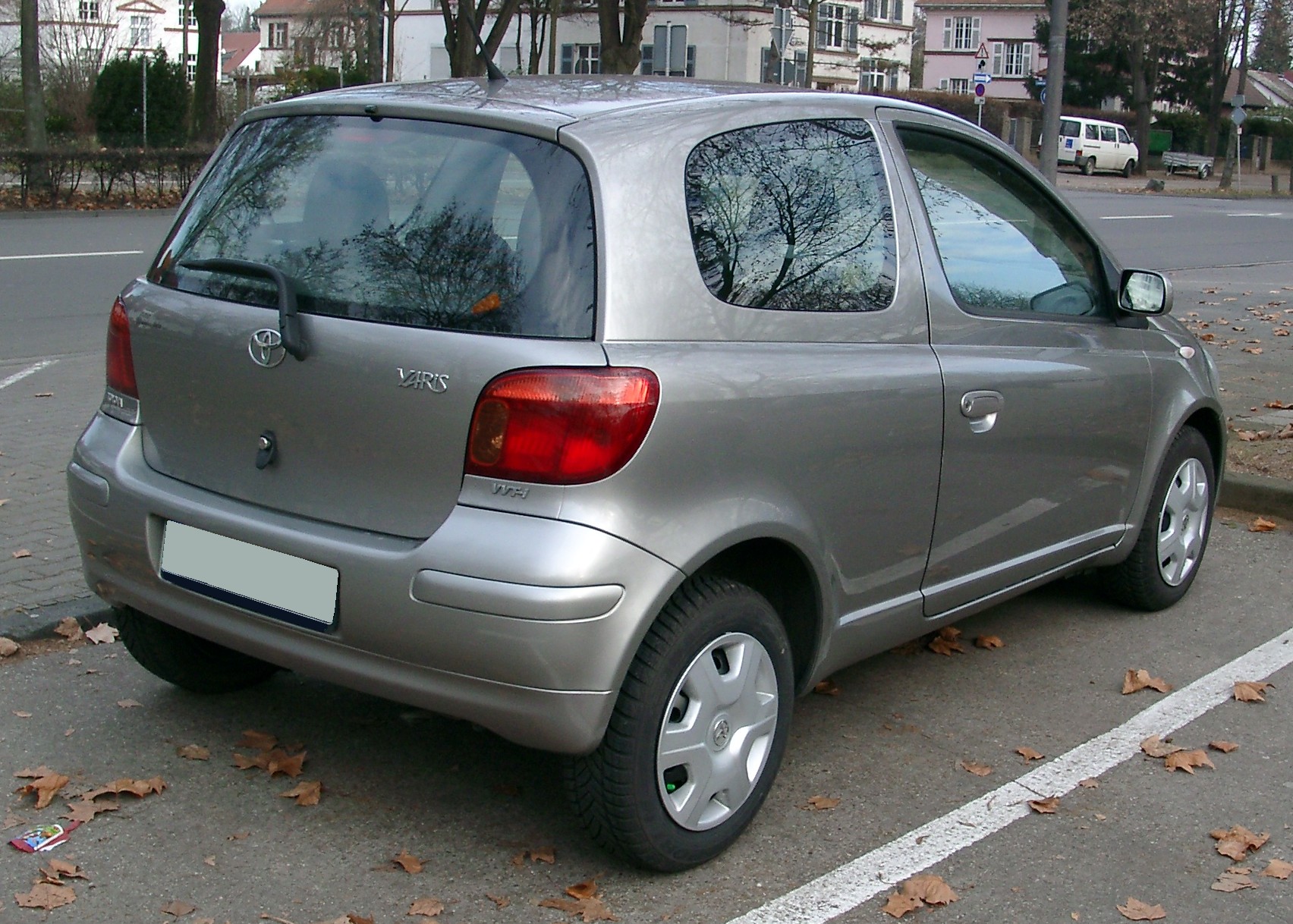 toyota yaris
toyota yaris
 toyota yaris
toyota yaris
 Volvo
Volvo Volvo
Volvo Volvo
Volvo Volvo
Volvo Volvo
Volvo Volvo
Volvo Volvo
Volvo Volvo
Volvo Volvo
Volvo Volvo
Volvo
 suzuki gsxr
suzuki gsxr suzuki gsxr
suzuki gsxr suzuki gsxr
suzuki gsxr suzuki gsxr
suzuki gsxr suzuki gsxr
suzuki gsxr suzuki gsxr
suzuki gsxr suzuki gsxr
suzuki gsxr suzuki gsxr
suzuki gsxr suzuki gsxr
suzuki gsxr suzuki gsxr
suzuki gsxr